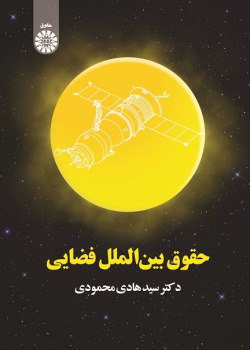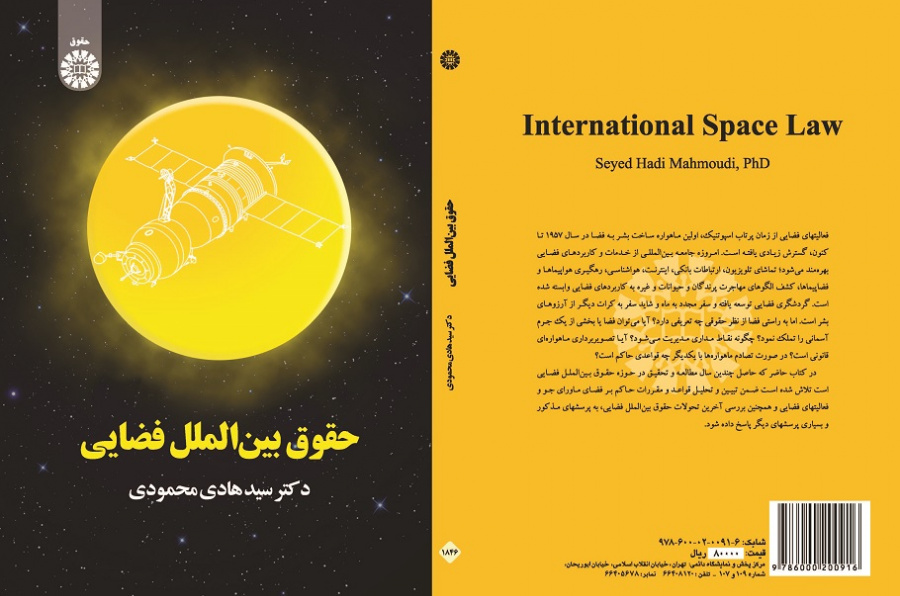

International Space Law
Space activities have expanded since the launch of Sputnik, the first man-made satellite into space in 1957. Today, the international community benefits from space services and utilization; Watching television, banking, the Internet, climatology, intercepting airplanes and spacecraft, discovering patterns of bird and animal migration, etc. have all depended on space uses. Developed space tourism and re-traveling to the moon and perhaps traveling to other planets are human aspirations. But what is the legal definition of space? Can space or part of a celestial body be possessed? How are orbital points managed? Is satellite imagery legal? What are the rules in case of collision of satellites with each other? This book, which is the result of several years of study and research in the field of international space law, explains and analyzes the rules and regulations governing outer space and space activities, as well as reviewing the latest developments in international space law, and answers related questions.





